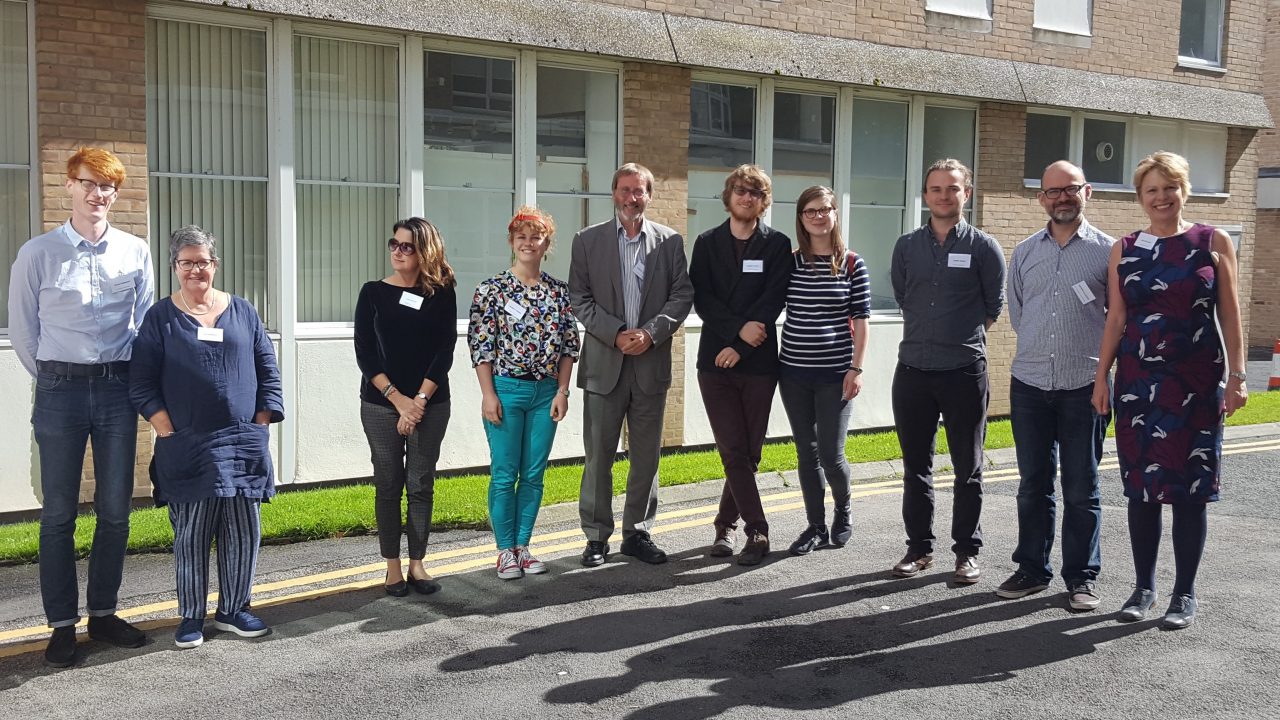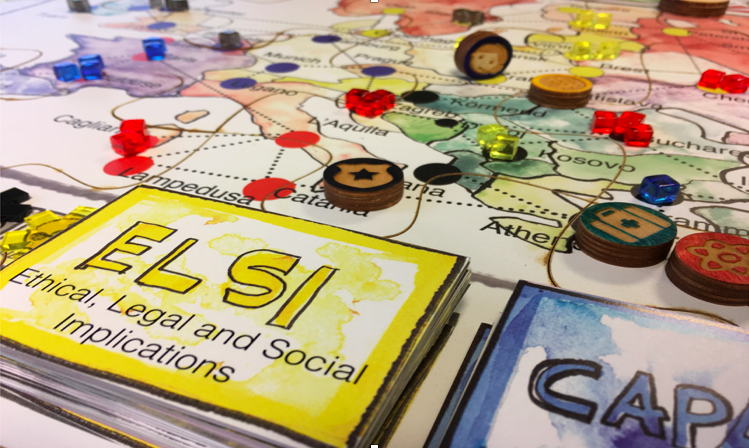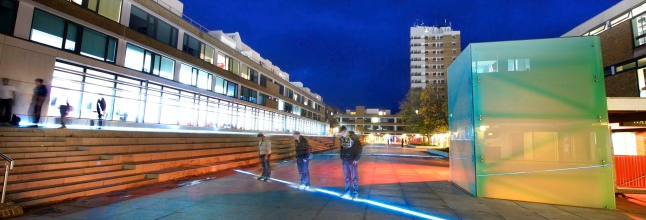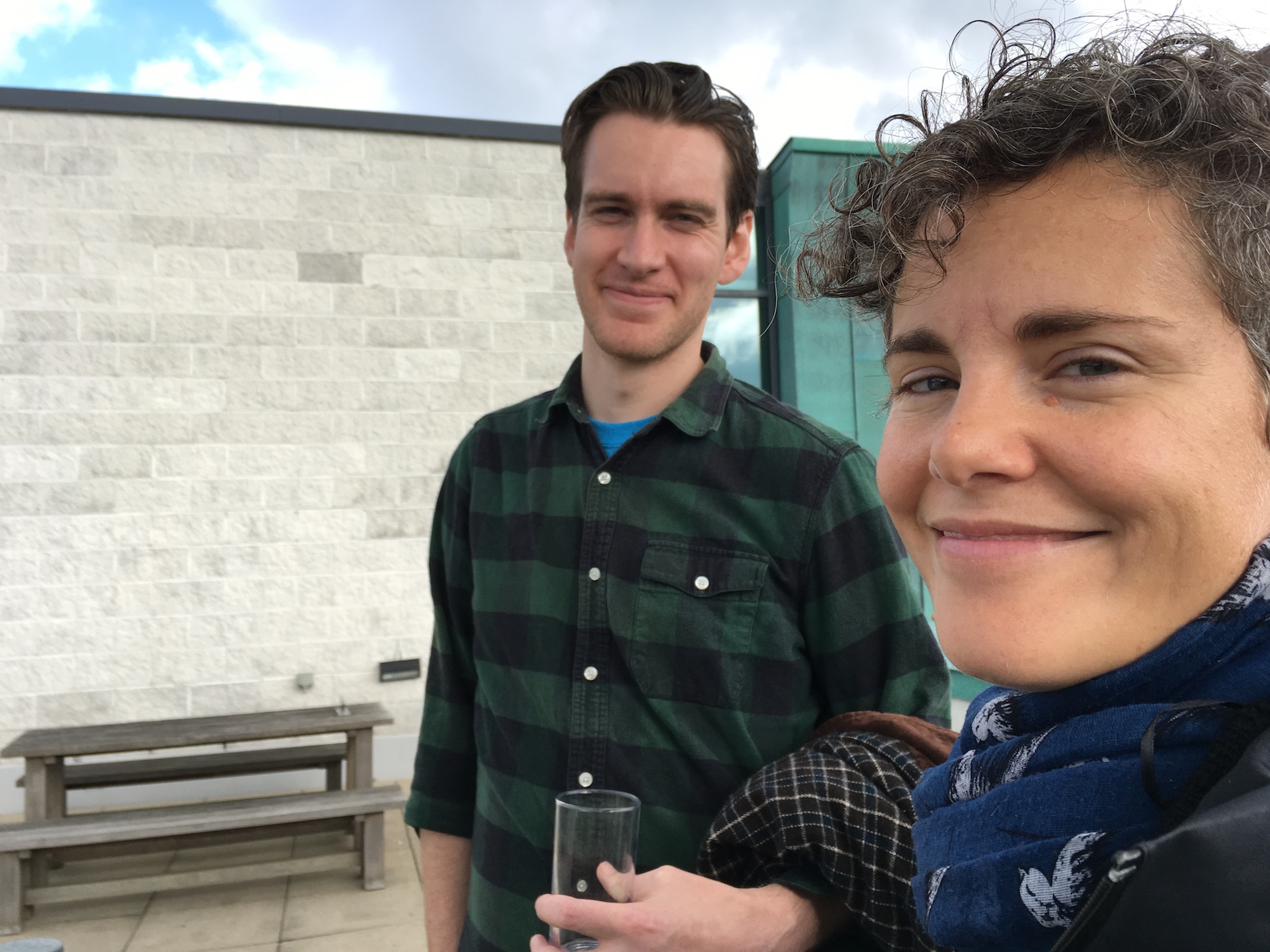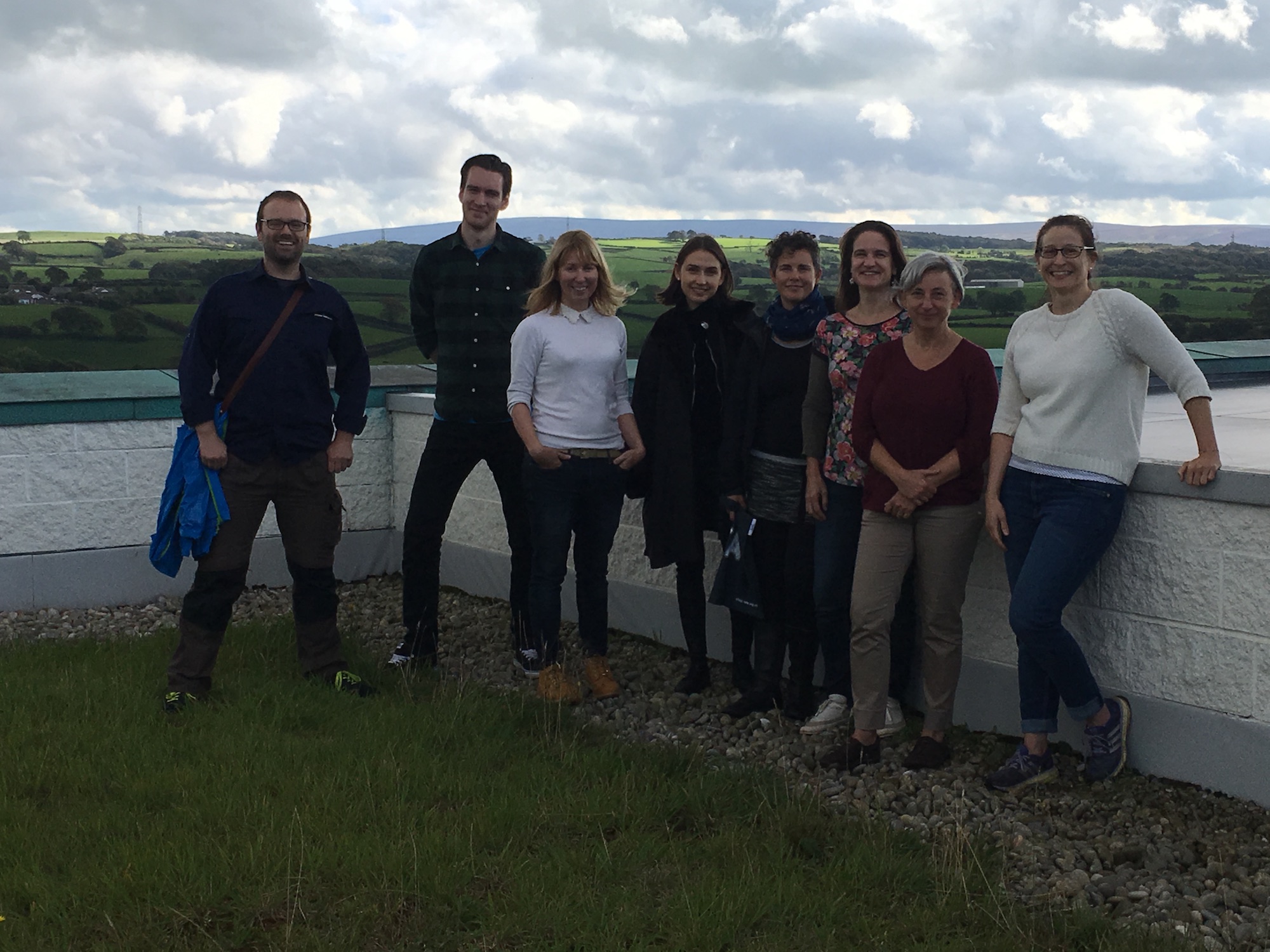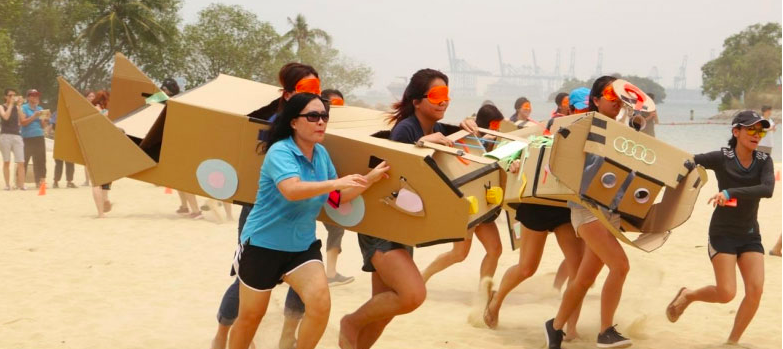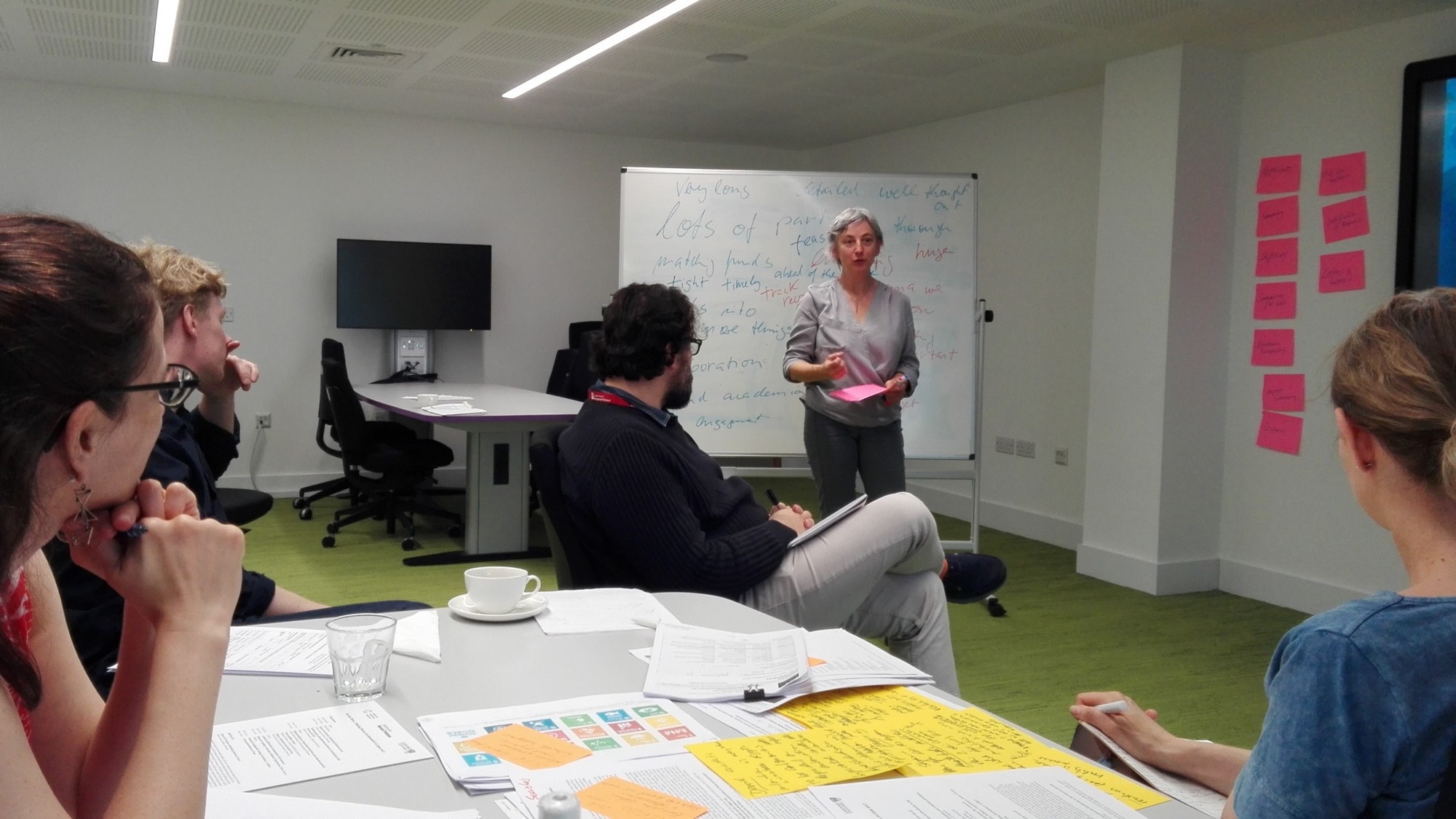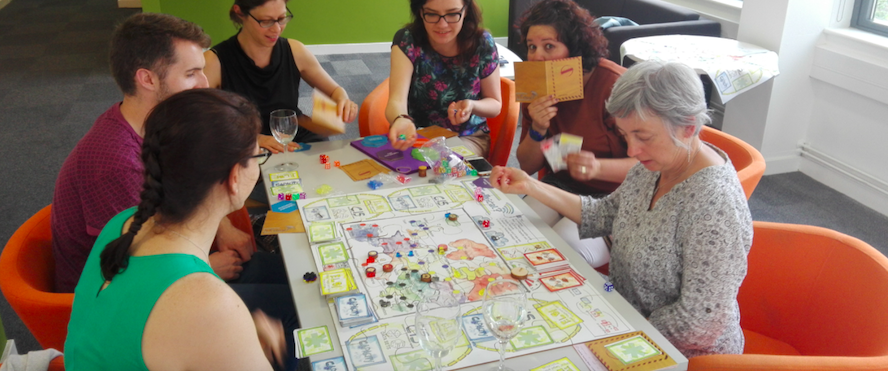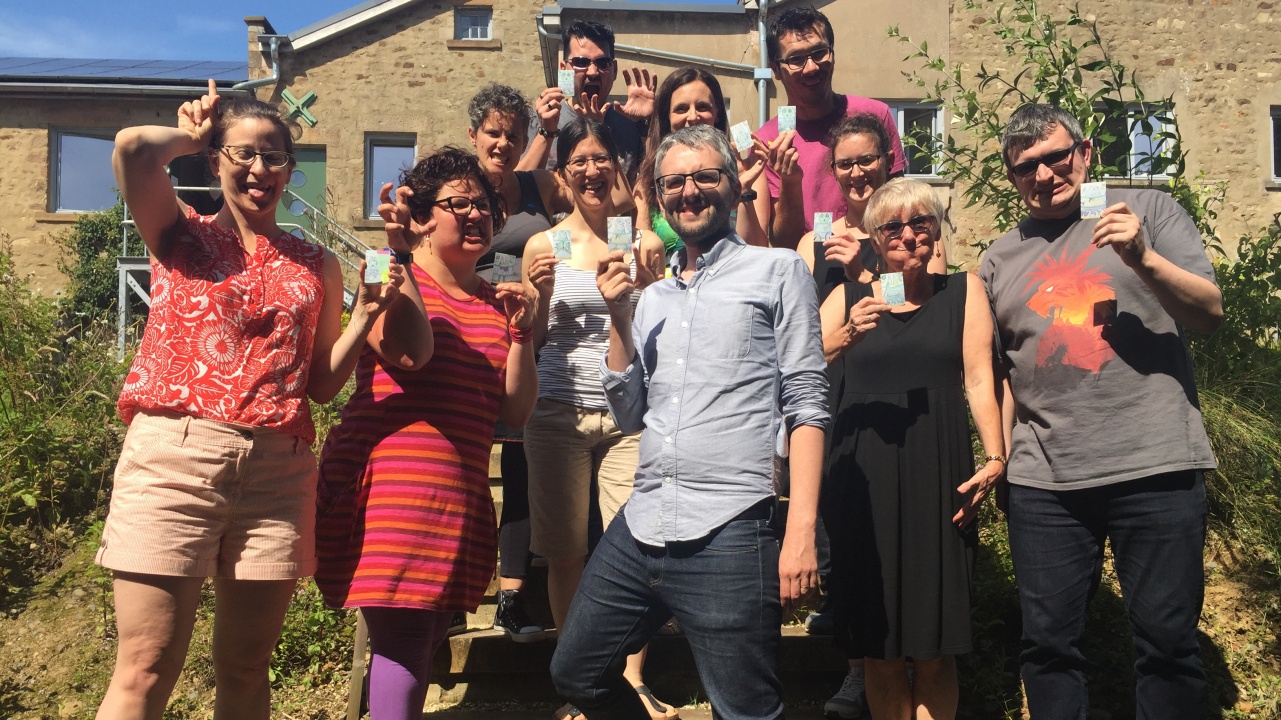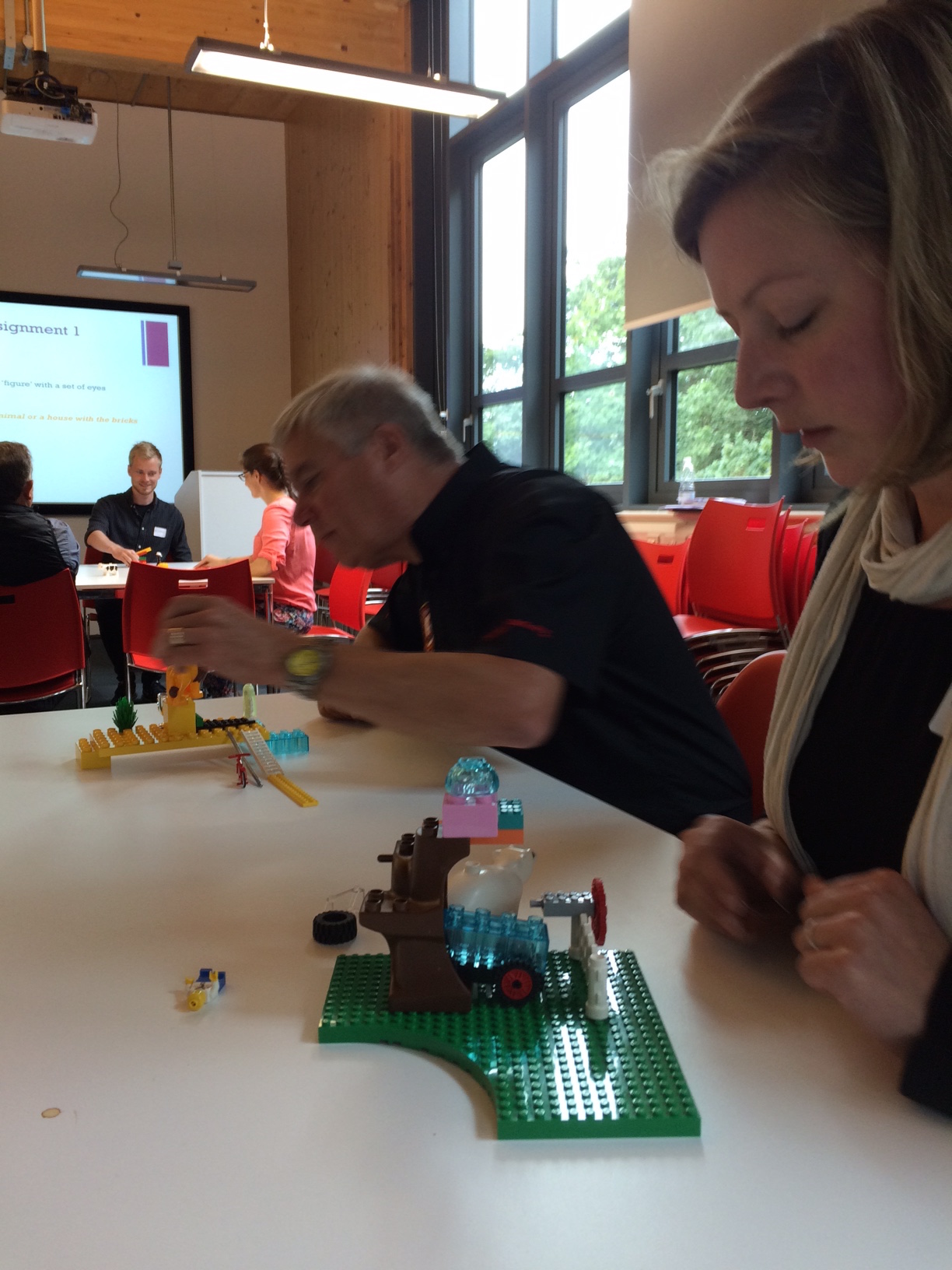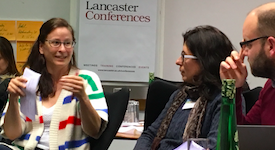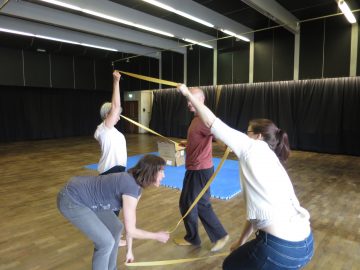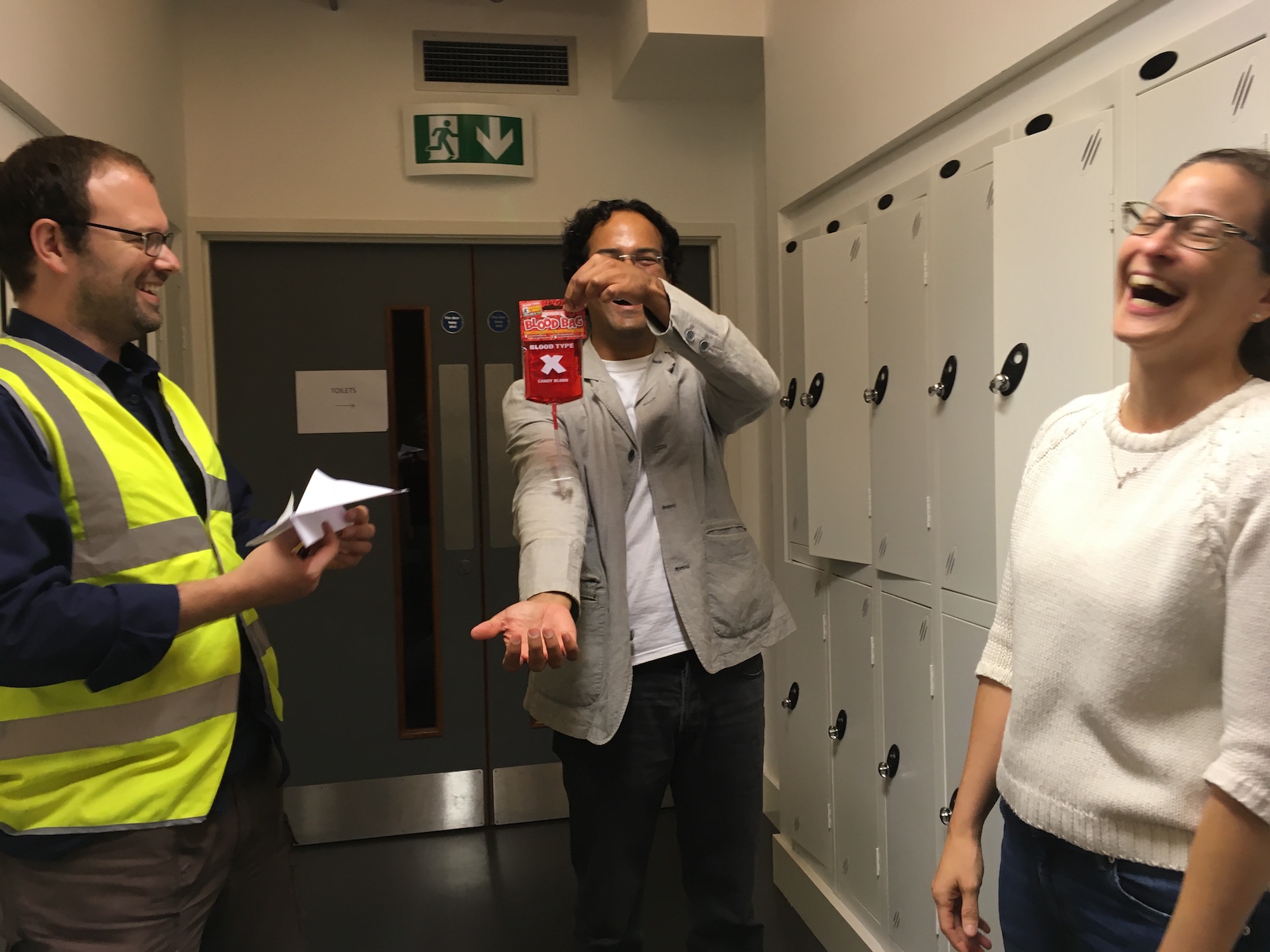The Centre for Mobilities Research (Cemore) is a hub for interdisciplinary mobilities research and an international network of mobilities researchers.
We pioneered the mobilities paradigm and mobile methods to study social change and innovation at multiple scales, from the everyday to the geopolitical, planetary, and interplanetary. Our work examines contested ideas of ‘the good life’, promoting equality, solidarity, justice, social mobility, sustainability, responsible and ethically circumspect research and innovation.
We combine leading social theory with grounded, policy-oriented empirical research, innovation, and artistic practice. In our work with partners in diverse organisations, we develop ideas and approaches and create space and time for contesting intended and unintended consequences of changing mobilities.
Cemore provides intellectual leadership and a hub for exchange for a growing transdisciplinary community of researchers, artists, designers and research ‘users’. We run the journal Mobilities, and two book series – Changing Mobilities (Routledge) and Studies in Mobilities, Literature and Culture, which provide the main fora for mobilities research on a global level.
We host intellectual debates amongst a 1000+ strong international network on our Cemore mailing list, and are a key member of the www.cosmobilities.net network, closely associated with the Centre for Mobilities Research and Policy at Drexel University, USA, and the Pan-American Mobilities Network.
Cemore drives methodological innovation, including artistic practice-based research co-creation, collaborative design, Ethical, legal and social issues (ELSI)- aware design and a transdisciplinary, public sociology approach to engaged responsible research and innovation.
The mobilities.lab provides a local resource for transdisciplinary R&D with £ 90,000 of equipment and many international academic, public and industrial partners (including Mobile Media Lab Montreal, Public Safety Europe Network, Airbus DS). Locally, Cemore brings together over 100 researchers from across Lancaster’s Institute for Contemporary Art, Imagination, the Humanities, Computing, Sociology, Politics, the Management School, Health and Medicine as well as many community, public, and commercial partners (including the Lancashire Resilience Forum, HWCommunications (SME)).
Cemore initiated the new mobilities paradigm in the social sciences, arts, humanities and sciences. It was the first such centre (founded in 2003 by John Urry and Mimi Sheller) and continues to be at the heart of this burgeoning global field. Mobilities research develops a deeper and broader understanding of contemporary challenges through social science as a transdisciplinary endeavour.
By focusing attention on how social and material realities are made in and through the movement, blocked movement or immobility of people, goods, resources, ideas, and information, mobilities research provides unique analytical purchase. It generates novel insights into diverse mobility regimes and systems – from the intimacy of the home connected to global resource-, energy- and cargo-mobilities, to the geopolitical, material, cultural, infrastructural dynamics of disaster risk management, tourism, migration, and capitalism, to flows of pollution, transport, and automobility, and anthropogenic disruptions of planetary climate and weather.
Topics range from mobile work to mobile utopia, from the mobilities of food to those of money and data, from everyday practices of communication to transformations of intimacy, and mobility justice. Cemore has pioneered mobile methods to leverage insights as part of a public transdisciplinary social science and responsible research and innovation.
Aims
- facilitate collaboration between the various people, forms of knowledge and expertise that are needed to understand mobilities
- develop innovative responses to complex problems
- contribute to deciphering the increasingly problematic nature of a mobile world, by producing new theories, research and policy instruments
- develop collaborations with individuals, groups, organisations


